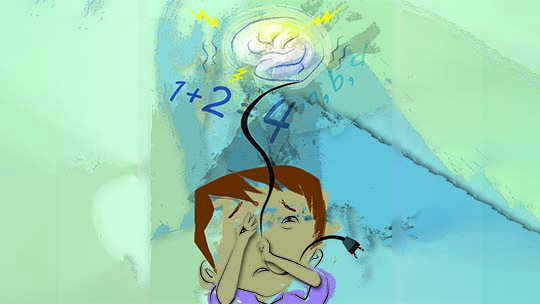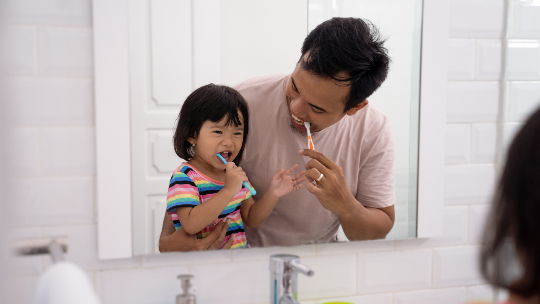The Internet has forever changed the way we interact with the world and each other. Kids are no exception — they can find endless information and have more ways to communicate than ever. Though this unprecedented accessibility is mostly positive, parents should be aware of the dangers that lurk online and take the necessary steps to protect their children. The U.S. Immigration and Customs Enforcement’s Homeland Security Investigations estimates that millions of children are victimized by online predators. Here in the islands, the State of Hawaii Crime Prevention and Justice Assistance Division approximates that 1 in 5 students in grades 5–12 have been targeted online.
What can parents and guardians can do to keep their children safe? Amy Scholl of KidGuard, a company that makes cell phone monitoring software to help parents keep their kids safe online, shared some valuable tips:
Communicate. Maintain an open dialogue with your children about the people they meet online. Emphasize privacy and the importance of not giving out personal information. Discuss the apps they use and the websites they visit and make sure they know how to use them safely and responsibly.
Give a digital curfew. Set up a curfew for how long children can use their phone. Designate when all devices should be turned off and possibly stored out of reach until the next day. This is important because studies show that using a smartphone has been linked to depression and low self-esteem.
Be receptive. Listen to your kids’ concerns and experiences. Being open and approachable makes it easier for your kids to come to you with problems. You should be the first person they come to for advice.
Don’t be afraid to discuss uncomfortable topics. If you don’t talk about potentially awkward issues such as online predators, cyberbullying, and catfishing, someone else could. You can provide guidance so your kids learn how to make their own smart decisions.

One way to be good digital role models is by being mindful of how much time we spend on our phones, whether it’s for work or fun. In the end, it’s our responsibility as parents and guardians to keep our keiki as safe online as we do in real life.




